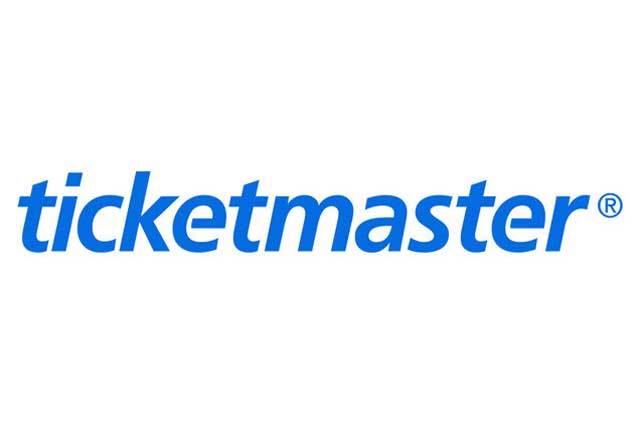
Ticketmaster has announced a plan to refund fans for shows that were postponed due to the COVID-19 pandemic.
According to Billboard, the ticket seller will give fans a 30-day window to claim a refund once a show is rescheduled. Starting May 1, ticket holders will receive emails prompting them to request a full refund. If they do not respond to the emails within that window, tickets will remain good for the rescheduled event.
Live Nation, parent company to Ticketmaster, has announced an additional policy, giving fans credits for both cancelled and postponed shows through the Rock When You Are Ready program. Alternatively, ticket holders will be able to donate their tickets to health care workers through the Hero Nation program.
Wrote Live Nation in a statement:
“For cancelled shows, refunds will be automatically processed within 30 days, unless fans voluntarily opt into other programs. Live Nation venues will offer fans an option to receive a 150% credit for the value of their tickets to be used for a future Live Nation show. Fans will also be able to donate the proceeds of their refund to a charity to give concert tickets to health care workers, with Live Nation matching ticket donations.”
Ticketmaster and Live Nation’s policies come a day after promoter AEG announced a similar refund policy, also giving ticket holders a 30-day window starting May 1 that will be enacted retroactively for shows cancelled and postponed in March and April.
These policies come after a month of talks between the Ticketmaster, Live Nation and AEG, talent agencies Paradigm, WME, CAA, ICM and UTA and the professional sports leagues working together to reschedule shows and games.
Last week, Ticketmaster came under fire for an update made to the language of their refund policy, rewriting it to only mention refunds for cancelled shows and not those that were postponed. The company posted an update a couple of days later clarifying the move, saying :
“Typically, event organizers have had the flexibility to offer refunds for virtually all postponed and rescheduled events. However, the unprecedented volume of over 30,000 events impacted to date, coupled with continued uncertainty over setting new dates while awaiting clearance from regional governments, has led to event organizers needing additional time to reschedule their events before deciding to offer refund options.”
With the talks taking so long, some government officials were also concerned that Ticketmaster was taking advantage of customers. Representative Katie Porter (D-CA) told Billboard:
“People across the country are having to make adjustments in their lives to keep everyone safe. Ticketmaster can do its part by giving people their money back. Let’s be clear: they can do this without government action, and they can do it today. Ticketmaster should do the right thing and stop trying to profit off a pandemic.”
Going forward, Ticketmaster will continue working with promoters and venues to get fans refunds to their postponed shows and those that could be postponed in the future. Since venues have the final say as to whether they offer refunds, the company will encourage that they do so for a limited window to avoid scalpers who might buy big groupings of tickets only to return them days before if they don’t sell well.
According to Billboard, Ticketmaster’s refund plan should cover all shows postponed through July. If dates in August and the fall also get postponed or cancelled, it will be addressed at that time. Concluded a source from Live Nation:
“it just takes time to work through the math and work with the calendar. When you move a Friday show to a Monday night, you don’t know what is going to happen with the fans. We had to move slow to get it right and we hoped by May we would have some clarity on dates and agreed terms.”











